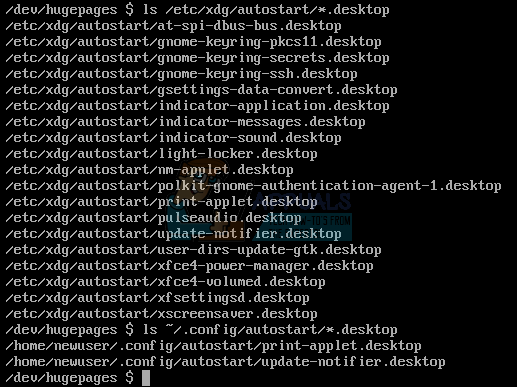How to Stop TeamViewer Loading Automatically on Linux
TeamViewer is a popular application for those who want to remotely connect to different workstations in order to exchange data, messages, and conversations with other users. It’s one of the leading programs in the Microsoft Windows segment for this purpose. Some users have found that they can use it successfully with Wine in Linux to achieve the same effect. While it’s always better to do things with a native Linux application if at all possible, TeamViewer may be necessary when trying to connect with others who use Windows on their own machines.
One of the biggest issues is that TeamViewer automatically loads itself, which means it will launch wineserver and a number of other processes along with it depending on which version you’re using. You won’t find it in the list of Startup Applications either, so you’ll need to follow this special trick to keep it from launching itself when you reboot your computer. Fortunately, some newer versions of TeamViewer won’t need Wine and other such libraries to run.
Method 1: Disabling TeamViewer 8’s Startup Daemon
Open a command terminal using whichever method you’d prefer. You’ll probably need to be working from a graphical environment for this, so hold down Ctrl, Alt and Tab or search for terminal from the Dash. LXDE users might want to start LXTerminal by clicking on the System Tools menu. You could also start one from the KDE menu or the Whisker menu in Xfce4.
Once you’re at a user prompt, type sudo teamviewer –daemon disable and then push the enter key. This should disable the program from starting up automatically, though if it’s already running it will remain as such. You’ll be able to start it normally by yourself whenever you want even if this daemon is off. As soon as you restart your machine you’ll find all those processes haven’t started up with it.
Method 2: Manually Closing Processes
If you can open a task manager in your desktop environment, perhaps by holding down Ctrl+Alt+Del in the manner of Windows NT, then do so and look for wineserver in the listing.

Assuming you have no other programs running that might have started the wineserver process, you can right click on it and kill it. The process should have a directory path of /opt/teamviewer8/tv_bin/wine/bin/wineserver or something similar depending on the version of TeamViewer you’re using. You don’t want to kill a process with another directory listing since you might be working with another program that uses Wine. Just hover your mouse pointer over any process to see what it is.
Method 3: Editing global.conf
At the command line, type ![]() and then look for a line that reads the following:
and then look for a line that reads the following:
[int32] Always_Online = 1
Change the 1 to a 0 and then hold down Ctrl and push O to save. Hold down Ctrl and push X to edit. Restart the computer and TeamViewer shouldn’t automatically start.
Method 4: Editing the autostart File
If none of these processes work, then you’ll want to type ![]() from the command line and look for anything called teamviewer or wine. If there’s nothing there, then try ls ~/.config/autostart/*.desktop and take a look. You can use rm to remove any offending file, though you’ll need to type
from the command line and look for anything called teamviewer or wine. If there’s nothing there, then try ls ~/.config/autostart/*.desktop and take a look. You can use rm to remove any offending file, though you’ll need to type ![]() if you needed to remove something from this directory. Naturally, you’ll have to replace the file name if it’s something different.
if you needed to remove something from this directory. Naturally, you’ll have to replace the file name if it’s something different.

If you’d rather keep any of these files, then you can edit them by typing sudo nano ![]() and look for a line that reads:
and look for a line that reads:
X-GNOME-Autostart-enabled=true # disables autostart
Change the value to false, save the file and then quit. You shouldn’t have any issue after this.